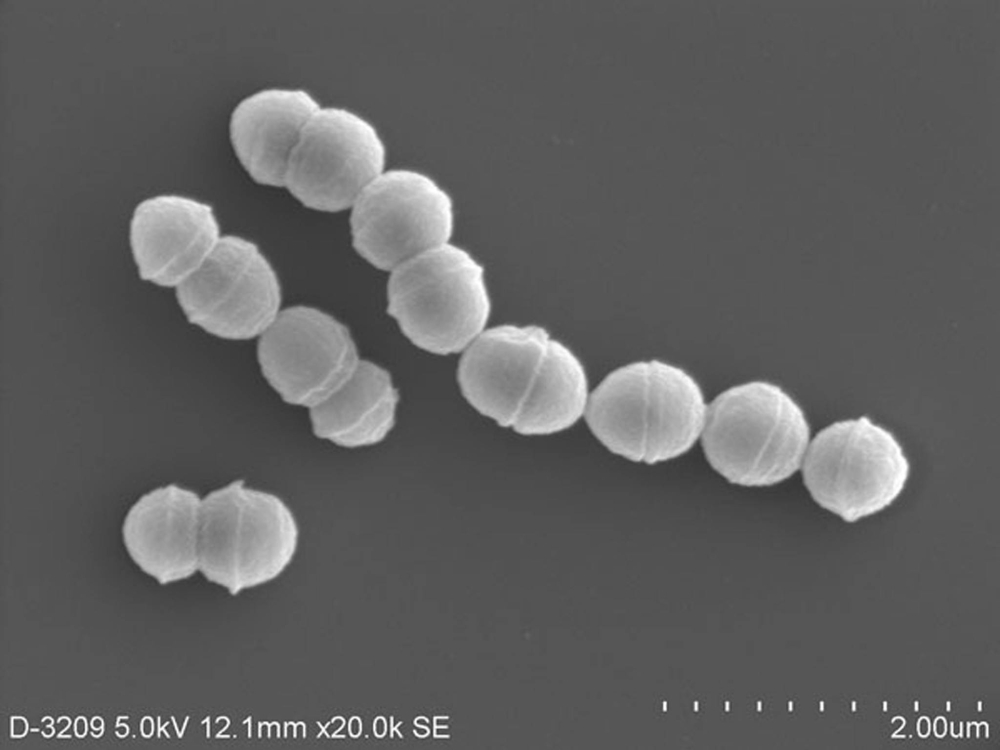Japan is facing an increase in cases of streptococcal toxic shock syndrome (STSS), a rare but severe bacterial infection that can rapidly become fatal. As of June 2, 2024, the Japanese Health Ministry has reported a record 977 cases, surpassing last year’s previous peak of 941 cases. This outbreak has already resulted in 77 deaths between January and March.

Also Read: Infectious Bird Flu Virus Survives Pasteurization, Study Finds
Japan’s Health Ministry has documented 977 STSS cases as of June 2, 2024, already exceeding last year’s highest count since records began in 1999.
The infection has a high mortality rate with up to 30% of those infected succumbing to the illness. In the first quarter of 2024 alone, 77 fatalities were reported.
The previous record for STSS cases was set in 2023 with 941 infections and 97 deaths, the second-highest number of fatalities within a six-year span.
STSS is primarily caused by Group A Streptococcus (GAS) bacteria known for common illnesses like strep throat but can also lead to severe, invasive infections.
Initial symptoms include fever, muscle pain and vomiting, quickly escalating to critical conditions like low blood pressure, organ failure and shock.
STSS can be fatal within 48 hours. Professor Ken Kikuchi from Tokyo Women’s Medical University noted that symptoms like limb swelling can progress dramatically often leading to death if not treated.
Experts including Professor Kikuchi suggest that the relaxation of COVID-19 restrictions may have played a role. The lack of regular exposure to bacteria during the pandemic could have weakened the population’s immune response.
Although STSS can affect individuals of all ages, it is particularly dangerous for those over 50 or with underlying health conditions such as cancer or diabetes.
The CDC highlights that open wounds or recent surgeries increase the risk of contracting STSS.
In late 2022, multiple European countries reported a rise in invasive GAS infections including STSS, following the lifting of pandemic-related restrictions.
While children under 10 have been affected in countries like the UK, older adults remain at risk in Japan.
STSS is a severe, life-threatening condition caused by group A Streptococcus bacteria. These bacteria can invade deep tissues and the bloodstream, releasing potent toxins that trigger a dangerous response in the body.
Although group A strep infections are typically mild, like strep throat, they can escalate into serious conditions such as STSS.
The infection usually occurs when the bacteria penetrate the body’s barriers through cuts or wounds, leading to an invasive disease that affects soft tissues and organs.
Also Read: South Africa Reports Two Mpox Death in this Week
This progression can cause necrotizing fasciitis, a spreading infection that destroys muscles, skin and underlying tissue.
Initial symptoms resemble those of common infections like fever, chills, muscle aches, nausea and vomiting. These symptoms can be misleading, leading to delayed diagnosis and treatment.
Within 24 to 48 hours, the disease can progress rapidly causing low blood pressure, accelerated heart rate and breathing difficulties.
Severe symptoms include intense limb pain, swelling, tissue death, organ failure and in some cases, death, particularly in individuals over 50 years old.
Regular hand washing and proper wound care are crucial to prevent the spread of group A strep infections. Covering the mouth when coughing or sneezing can also reduce transmission risks.
Seeking prompt medical attention for any signs of infection can prevent complications. Early intervention is key to stopping the bacteria from advancing to severe conditions like STSS.
Diagnosis involves several laboratory tests including blood tests to detect the presence of group A strep bacteria and assess organ function.
A confirmed diagnosis of STSS is made when the infection is accompanied by low blood pressure and signs of multiple organ failures such as kidney or liver issues.
Treatment typically involves intravenous antibiotics to combat the bacterial infection. This approach helps to kill the bacteria and prevent further spread.
Patients often require additional treatments such as intravenous fluids to stabilize blood pressure and support organ function.
In severe cases, surgical intervention may be necessary to remove infected tissue and prevent the infection from spreading further.
As of June 2, 2024, Japan has reported 977 cases of STSS, already exceeding the total number of cases from the previous year. Tokyo has been particularly affected with the highest number of cases reported.
The majority of cases are among adults over the age of 30 with a concerning mortality rate of around 30%.
Also Read: Planetary Health Diet Reduces Early Death Risk by a Third and Combat Climate Change























